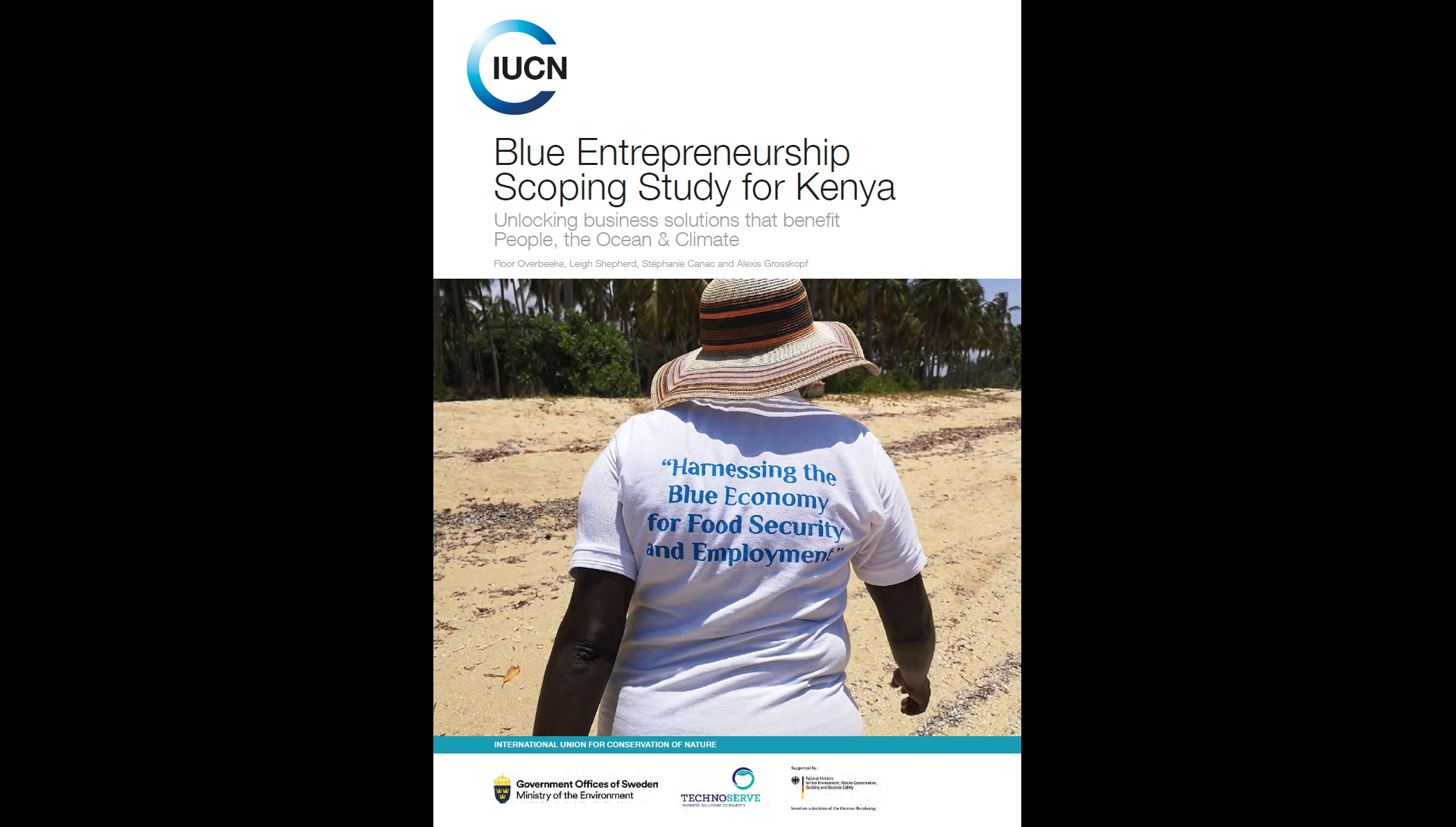Court of Justice of EU: Poland Ordered to Suspend Logging in Białowieża Forest
An interim decision by the Court of Justice of the EU ordered logging to stop immediately in the ancient Białowieża forest, a UNESCO World Heritage Site. The Ministry of the Environment of Poland maintains that it is necessary to deter beetle infestation and forest fires.
Pending a final judgement in the case "Commission v Poland", the Court of Justice of the EU (ECJ) on 27 July recognized the high potential for serious and irreversible damage to Białowieża forest and called on Poland to halt logging in one of Europe's last remaining primeval forests. The forest is a Natura 2000 site, the only UNESCO World Heritage Site in Poland, and is home to approximately 1,700 species of plants, 4,000 fungi species, 12,000 invertebrate species, 250 bird species, 13 amphibian, 7 reptile, and 59 mammal species including the largest herd of European bison. Straddling the eastern border with Belarus, logging is prohibited in Białowieża National Park but accounts for just 17% of the forest on the Polish side. Approximately 40,000 hectares are now open to intervention and the total number of logged trees is expected to exceed 1 million.
Poland’s revised forest management plan was passed last year removing obligations for private landowners to apply for and receive permission to cut trees, pay compensation for damage or plant new trees, or inform local authorities of cutting activities and harvests. It also allowed for the state-owned forest management company to triple timber harvesting in areas of Białowieża previously excluded from cutting. Logging began in May 2016 to contain spruce bark beetle infestation and reduce fire risk. Discussions between the EU Commission and Polish Environment Ministry on this issue go back to at least 2006. The EU Commission sued Poland in early 2017 at the ECJ. Poland has not acknowledged the injunction imposed by the Court. If it loses the main case before the ECJ, fines could exceed a lump payment of €4 million and up to €300,000 daily until it adheres to the decision.





